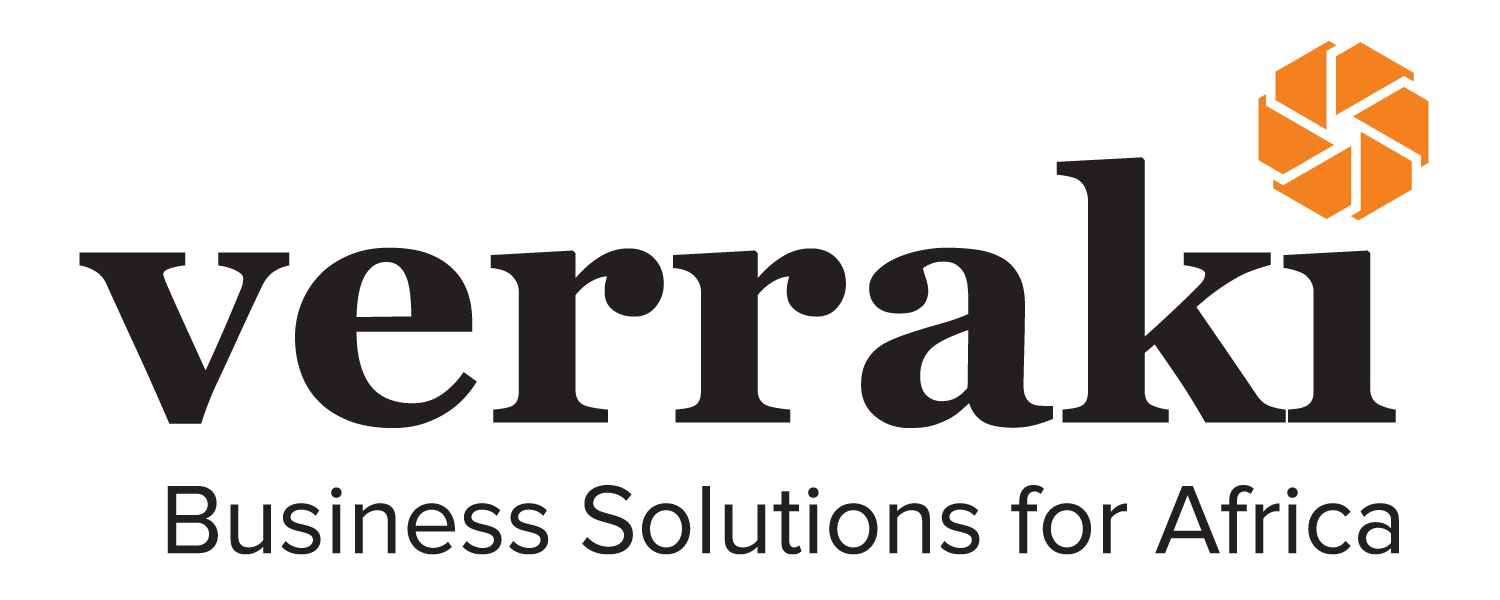
When we evaluated all the factors that could potentially affect our business towards the end of last year, we did not factor in the coronavirus disease (COVID-19) or staying away from the office for three months and counting.
COVID-19 may be this decade’s black swan (an unpredictable or unforeseen event, typically one with extreme consequences) and a major disruptor that is affecting the global economy. The World Bank now predicts the global economy will shrink and have negative 5% GDP growth this year, with Nigeria expected to shrink by -3.4%.
As at June 27 (exact 4 months after first confirmed case in Nigeria), the global cases of COVID-19 infections has passed 10 million people while deaths have passed 500,000. In Nigeria, infection cases were 23, 298 with 554 deaths. Our hearts go to all who have lost loved ones or those sick, and we wish them a full recovery.
Initially, a public health crisis, the COVID-19 pandemic has now evolved into a humanitarian crisis and economic crisis, and we hope it does not also become a social crisis and security crisis. While the infection rates are reducing in the majority of the developed countries, we are now witnessing increasing rates of infection in the developing economies, and a sign of the second wave of infection which experts say may also affect Nigeria and other African countries.
The business community has also suffered significantly. In our COVID-19 report, we revealed that an estimated N2.27 trillion worth of exports which should drive economic activities will be lost to closed borders, social distancing, lockdown in destination nations, and lockdown in Nigeria with an attendant decline in revenues, reduction in profits, and erosion in asset value for non-essential services, consumer-facing, and export-dependent firms who may then have to downsize. Many companies initially shut down operations, some have opened fully post lockdown, albeit with increased anxiety on rising infection and increased confirmed cases. Employees are worried about their jobs, supply chains have been disrupted with the likelihood of a shortage of products and we have witnessed a resurgence of nationalism across the world with a potentially adverse impact on global trade and international business relationships.
Due to the pandemic, the world, including business communities, are re-imagining operations and having to accept the realities of a new and unprecedented normal where change is exceedingly rapid, and old patterns are being upended overnight. Many businesses are struggling to define how to operate, how drastic should their emergency responses be, and how to balance protecting livelihood while saving lives. The Nigerian business community has had to adopt remote working due to government-instituted lockdowns but a phased lifting of the lockdown has many companies planning their return to the office even as community spread increases. Many companies are running multiple scenarios to determine how many people spaced six feet apart will fit in an office, alternating attendance for staff be it in a 1+1, 4+10, or 2+2 mode, planning one-way paths through the workplace, and figuring out adaptations to restrooms, lunchrooms, and entrances. These are critical tasks, but must be supplemented with a business focus on improving resilience in operations, absorbing uncertainty, increasing agility and incorporating lessons into the operating model quickly.
Nobody knows when businesses will be back to normal, whatever that is, hence palpable anxiety across the spectrum of Nigerian business.
Businesses must continue to create value and find pockets of growth for innovation, new opportunities, or cost savings, with a growth mindset, spirit of optimism and confidence. In our COVID-19 analysis, we highlighted the kind of leadership that employees and the community are looking forward to business leaders to demonstrate now. “Leadership that demonstrates inclusion, diversity, empathy, compassion, humility, transparency and openness in taking decisions while actively listening to divergent views and balancing the needs of critical stakeholders such as employees, clients, suppliers, community, governments, and investors is highly sought after during this period.”
Organizations and companies need resilient leaders: leaders who demonstrate the ability to respond to change, recover quickly from setbacks, adapt well to the unexpected in a way that increased gain and/or minimizes losses, to keep going in the face of adversity, and to seize opportunities. These people and the organizations they lead have 3 characteristics: acceptance of reality; a deep belief that there are opportunities during a crisis, and an uncanny ability to improvise solutions from thin air. Nigerian leaders must quickly learn how to find advantages in a crisis and to build the organizational capability to pivot faster than the competition. Resilience is a new capability that very few organizations have now, and most, especially if they will survive, must spend time building. Businesses must learn to adapt to new ways of doing things, especially in managing existing resources, and during a period of global economic recession.
And finally, leaders must protect themselves, their employees, and resources in both the physical and virtual realm. Cyber-attacks are on the rise and companies must now grapple with new risks attendant with remote working. Same way social distancing, wearing of face masks, hygiene practices and remote working are measures to protect staff in the physical realm, companies must initiate robust cyber defense, detection, protection, response, and recovery mechanisms.
As part of our commitment to helping the performance of our clients, we are starting a thought leadership initiative to provide insights to enable companies to improve the resilience of their organizations, operations, and leadership. Over the next few weeks, we will be sharing carefully curated tips on building resilience for organizations and people across industry sectors.
I will close with a quote by Anne Lamott, a novelist, “Hope begins in the dark. The stubborn hope that if you just show up and try to do the right thing, the dawn will come. You wait and watch and work: you don’t give up.”
This tide too will pass, and leaders must make investments now to ensure their organizations are positioned for the day after.
Stay Strong! Stay Positive! Stay Healthy!

